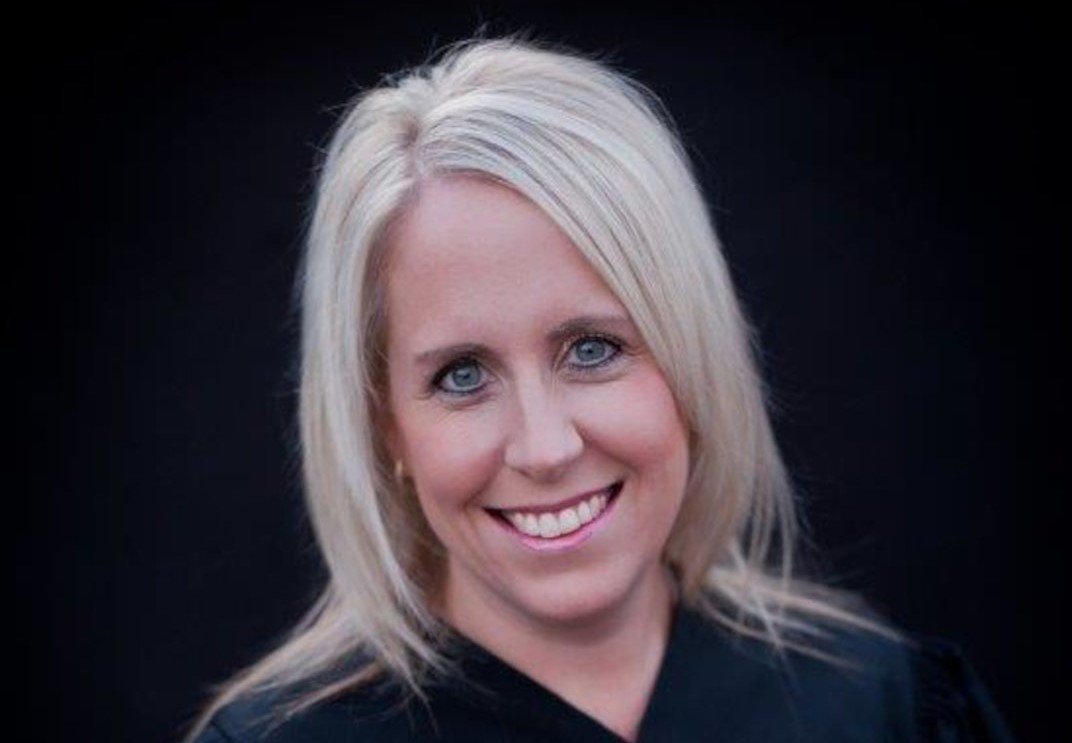YOUR BUSINESS AUTHORITY
Springfield, MO
YOUR BUSINESS AUTHORITY
Springfield, MO

Gov. Mike Parson recently appointed you to the Missouri Court of Appeals Southern District. What was the process, and why were you interested in the role?
I was an elected judge in Christian County, but the [Missouri] Court of Appeals as well as some different county courts, like Greene County, for example, are under the nonpartisan court plan. I went through that process of applying to the commission. There are appellate judicial commissioners; two from the Southern District, two from the Eastern, two from the Western and the chief judge of the Missouri Supreme Court sit on that commission. You apply for the spot and you interview, and then you make a panel. Once you are picked for the panel of three, then the governor had 60 days to appoint. I went through the whole process there, and it is an exhausting but very rewarding and fun experience. I really enjoyed practicing appellate work when I was a lawyer. I always had a real interest in appellate work and reading and applying the law in that way. It's more academic than what we get to do as the trial judge. That being said, I loved being a trial judge, too. When I was a trial judge, I did mostly everything on the circuit bench, family work and felony criminal work, and I did the large civil cases and 20% or so of the family, domestic cases. While I was mainly a civil, commercial business litigation attorney in practice, I've done every type of law probably now that I've been on the bench. I think that'll help in the appellate realm, at least having touched on all the various types of cases that could come before me.
What are the biggest changes to the Missouri court system since you became a judge in 2017?
One of the biggest changes was with COVID. The use of electronic means to provide access to courts has really changed in Christian County. We were a pilot program, just recently before I left the bench, whereby we had access through Casenet to appear at hearings remotely. In fact, on our civil docket, Judge [Laura] Johnson, the other circuit judge, and I entered orders requiring the lawyers and the parties to appear remotely so we could see how it worked for the court system. It worked wonderfully.
Do you anticipate that flexibility continuing post pandemic?
I do. It helps costs for lawyers. Even before that, I was always, I think, pretty progressive on the bench with allowing lawyers and parties to appear, if they could by our statutes and rules, remotely. I think that helped a lot, especially with expert testimony. That would save a lot of money for clients if the parties agreed to that. The use of technology in the courtroom really helps everybody out, as long as we adhere to the constitutional requirements.
U.S. Supreme Court Chief Justice John Roberts, in his year-end report, emphasized the courts need to do more to comply with ethics rules. This was a response, in part, to The Wall Street Journal’s report that between 2010 and 2018, 131 federal judges ruled in cases in which they or family members owned stock. What is needed to heed this call?
The judges that I sit with and practice with really strive to build confidence in the court system. That is one thing that we severely lack right now and some of that is just lack of understanding about the courts. We really focus on civic education, and that is one thing I'm pretty passionate about is educating our citizens and communities about the courts and what the roles of judges are and what their responsibility and ethics are. And that's to apply the law as written. I think we do a great job in Missouri. That is a big component of our Missouri court system.
A Gallup poll in the fall found 53% of Americans disapprove of the job the Supreme Court is doing, the highest recorded since the survey started in 2000. What impact does this loss of confidence have on the entire court system?
It's very devastating because we have three branches of government for a reason. One part of our government was given the power of the sword, one was given the power of the purse – and that's our executive and legislative branches. Our judicial branch was given the power of decision making. If the public loses confidence in our court system, where are people going to have to resolve disputes and to make sure that their freedoms and the law that benefits them are applied fairly? The court makes sure that everybody's liberties and freedoms and rights are adhered to. We have a big responsibility to make sure that we are doing justice, but also that to the public we appear to be doing justice. We have to appear that we are listening, that we are thinking, that we are fair and impartial, and that we are not biased. Judges need to remember that when they're out in our communities just interacting with citizens.
Jennifer Growcock can be reached at jennifer.growcock@courts.mo.gov
Moseley’s Discount Office Products was purchased; Side Chick opened in Branson; and the Springfield franchise store of NoBaked Cookie Dough changed ownership.